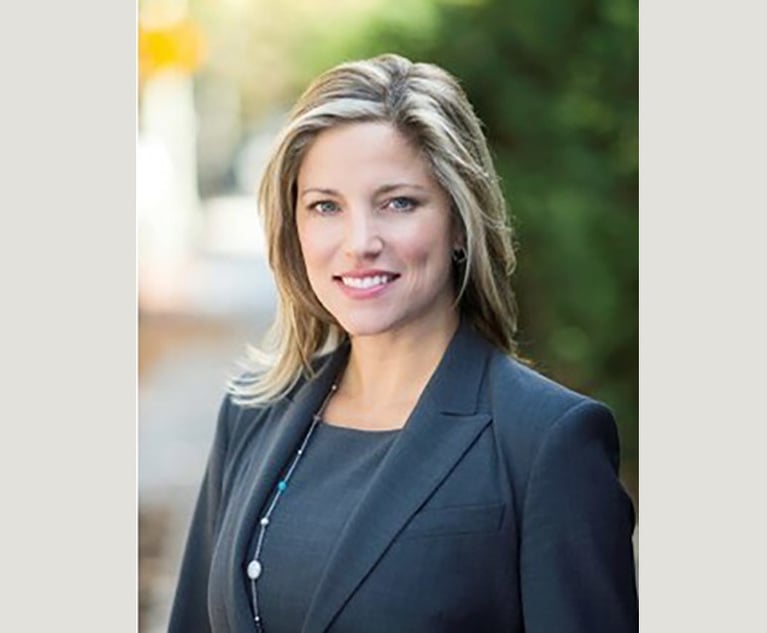



Justin Henry|March 08, 2023
“We can't just be focused on events and activities, and we can’t just be focused on changing hearts and minds," said Alexis Robertson, director of diversity, equity and inclusion at Foley & Lardner. "It has to be more of a systems-focused approach.”
6 minute read


Presented by BigVoodoo
Join General Counsel and Senior Legal Leaders at the Premier Forum Designed For and by General Counsel from Fortune 1000 Companies
General Counsel Summit is the premier event for in-house counsel, hosting esteemed legal minds from all sectors of the economy.
Join General Counsel and Senior Legal Leaders at the Premier Forum Designed For and by General Counsel from Fortune 1000 Companies
Duane Morris LLP seeks a highly motivated junior associate to join its dynamic and growing Labor and Employment Class Action group in Chicag...
Duane Morris LLP seeks a full-time staff litigation attorney who has practiced between 3-5 years. Experience will include drafting motions, ...
Duane Morris LLP has an immediate opening for a senior level, highly motivated litigation associate to join its dynamic and growing Employme...
MELICK & PORTER, LLP PROMOTES CONNECTICUT PARTNERS HOLLY ROGERS, STEVEN BANKS, and ALEXANDER AHRENS